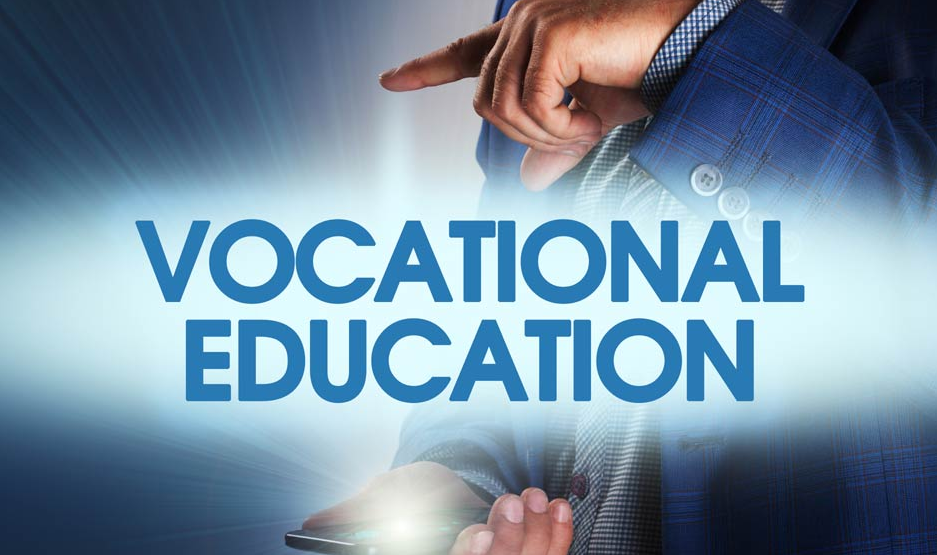That the Government of JK has approved the establishment of 554 vocational schools under Vocational Education ‘at one stretch with about two trades in each school’ , appears to be a rational and right step. The National Education Policy – 2020(NEP-2020) lays special emphasis on vocational training and skill learning.
Also the policy intends to inculcate practical workmanship skills in students for classes 6 to 12 which will get students in touch with their local business and trades. This is done to impart business knowledge to students from an early age while also serve as an ethical lesson to generate in them an attitude of respect towards all types of work.
Gone are the days when schools cared about academic scores alone. Learning skills over the course of education is essential to live up to the evolving needs of life and be future-ready. A remarkable thing it is that the authorities have realized this shift in global education. According to the NEP, the school curriculum and pedagogy will aim for the holistic development of learners by equipping them with the key 21st-century skills. What is vocational education? Not so important question. More important instead is: Why vocational education at schools?
If we are in a dark room in search for something, we may fumble and stumble and never actually grasp what we are looking for. This is what happens when we simply study without learning vocational skills and leave educational institutions only as duffers or unemployable.
The skill/ vocational learning at schools is like turning on the light in that room. Suddenly, everything becomes clear, just as when we see the light at the end of the tunnel. In effect, vocational education can address three big challenges.
Challenge 1: Will boost the financial position of parents. By learning certain trades at schools, the students can be better placed to study and earn at the same time. During vacations, these students can earn money. That will both make the better use of their precious time and enable them to support their families financially. It is mostly the learners from the low-income families who will be the beneficiaries of vocational education. In this way, even the economic progress of society can take place.
Challenge 2: Increase in the enrollment at schools. Learning vocational skills at schools bears the promise and potential of promoting enrollment at schools: parents are likely to capitalize on the opportunity— let their children study and earn at the same time. True, the roll of students at the government schools has gone up in the recent years by 17.7 percent. Enrolled are around 14,18,000 students in government-run-schools currently.
Reforms at the administrative level by the authorities through the deployment of teachers, teacher trainings, discipline in teacher attendance, provision of infrastructure, etc — all have possibly contributed to the rising enrollment at the schools.
Challenge 3: Change public perception about schooling and unemployment. Learning some gainful trade while studying at school, is in itself a means of livelihood. In other words, vocational education will provide skills to students and as such make them employable. This scope of employability after school can certainly add an interesting dimension to school education; it could no longer be seen as something boring, routine and uninteresting; teaching could not anymore feel as a poor class room process leading to little learning.
We cannot close our eyes to the fact that we have an ocean of unemployed youth who are hardly literate but with high expectations. Most of them have come from schools reading the curriculum which has been in existence for a long time. It has reduced reasoning capacities. However, the good news is that the Jammu and Kashmir School Education Department (JK SED) has brought many much-needed reforms in the school curriculum over the recent past. This is appreciable.
True, thousands of school going children have gone on to obtain college and university degrees. But it is no secret only a small number of these high degree holders can write a meaningful paragraph or express a thought in any language with clarity and coherence. The luckier ones become professors and masters.
Whose fault? Students? No, not at all. Except some from a small number of educational institutions, in classrooms students learn little other than the tricks of memorization and different ways to cheat. Many educators across multiple institutions— including some famous ones — are very low in intellect and poor performers who entered the system through wrong ways. Just a few can read a good book or have read one.
To conclude, approving vocational schools is a matter of pride; the JK SED has taken a very useful step. The step should transform the educational landscape of this UT in due course of time.
(Author is a teacher by profession and RK Columnist. Feedback: [email protected])








